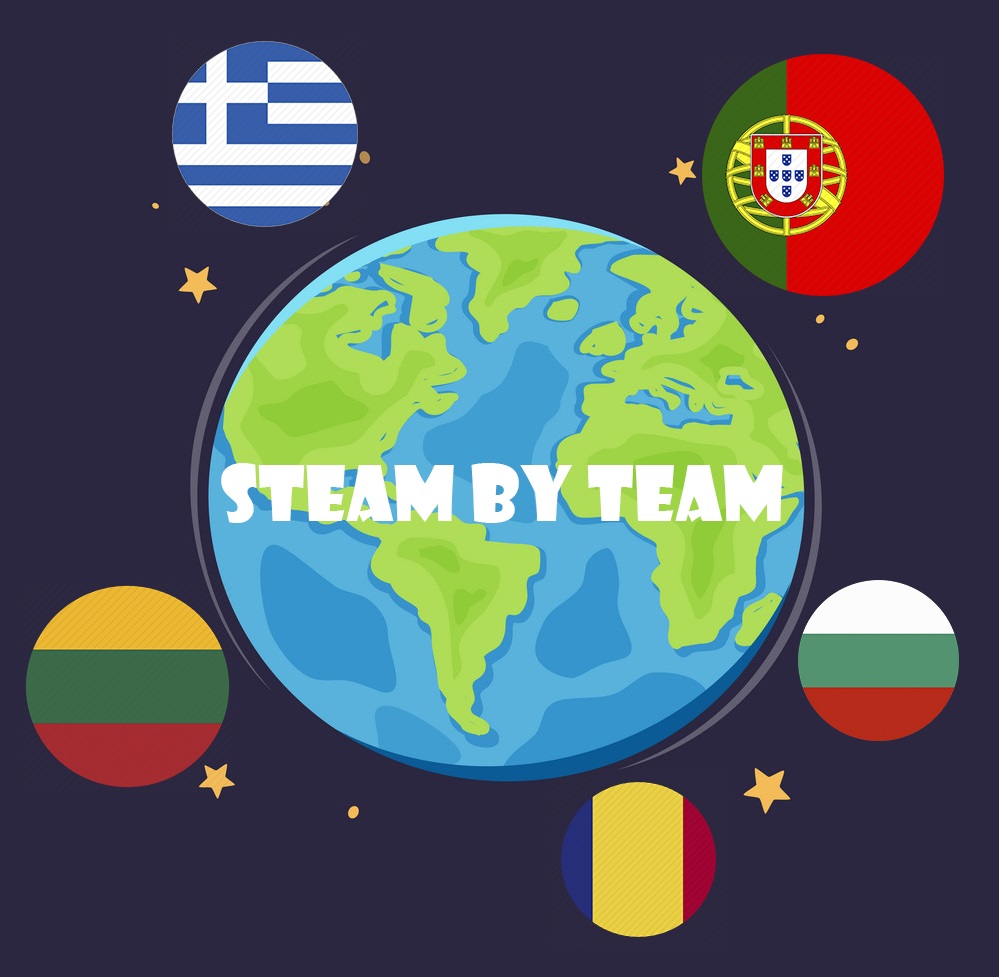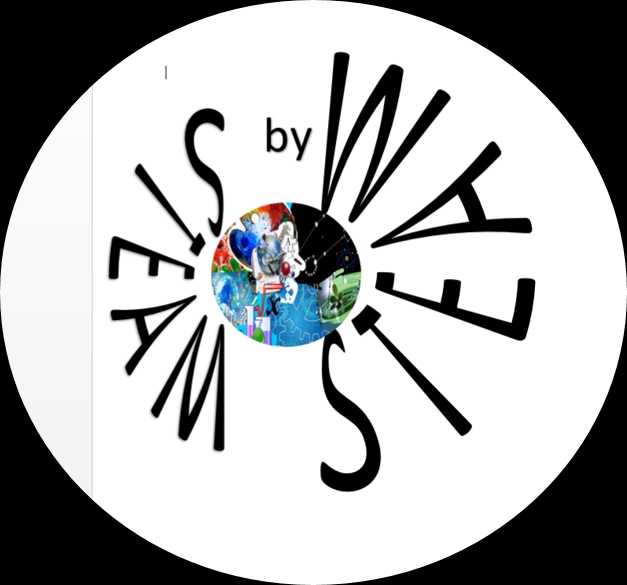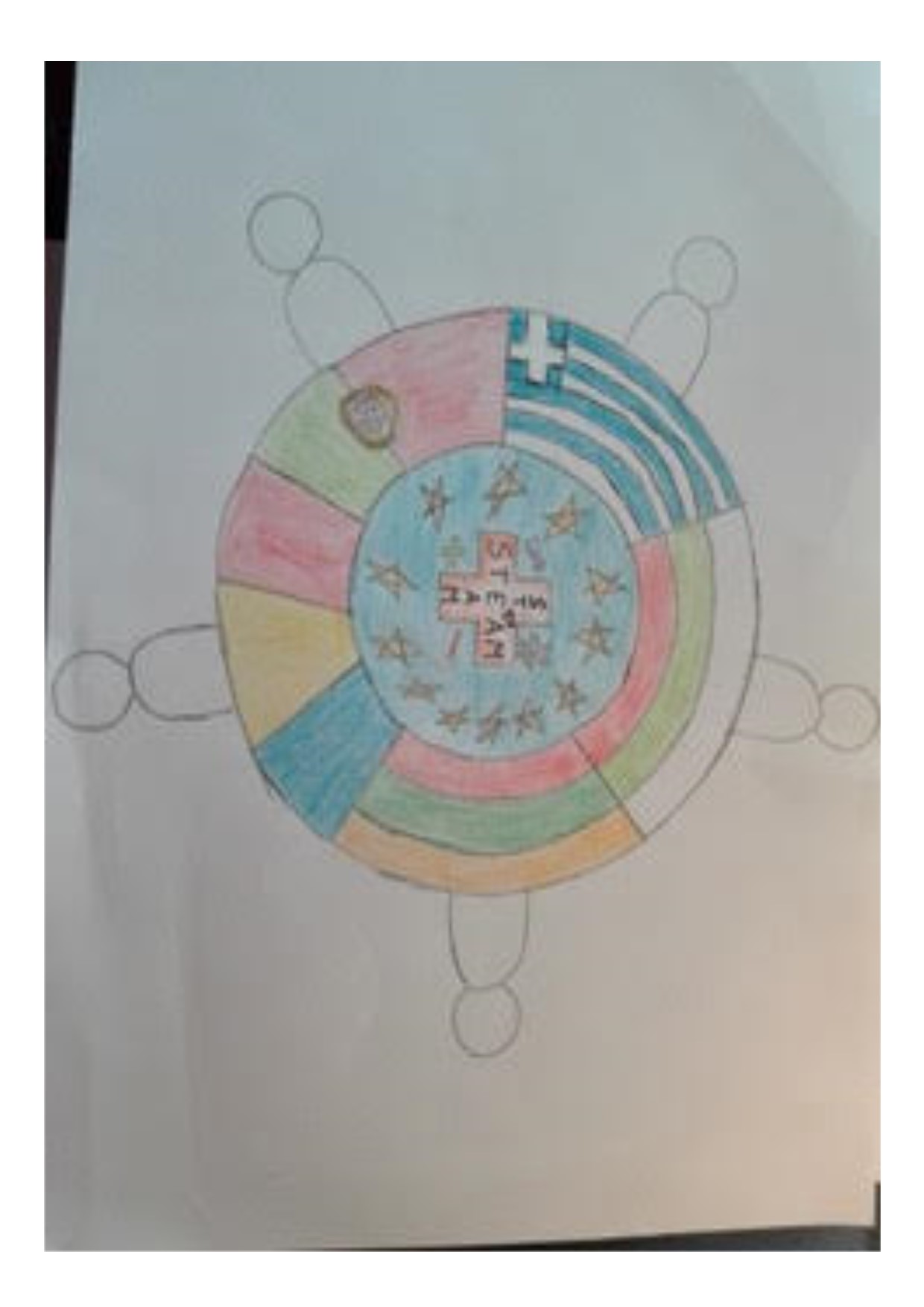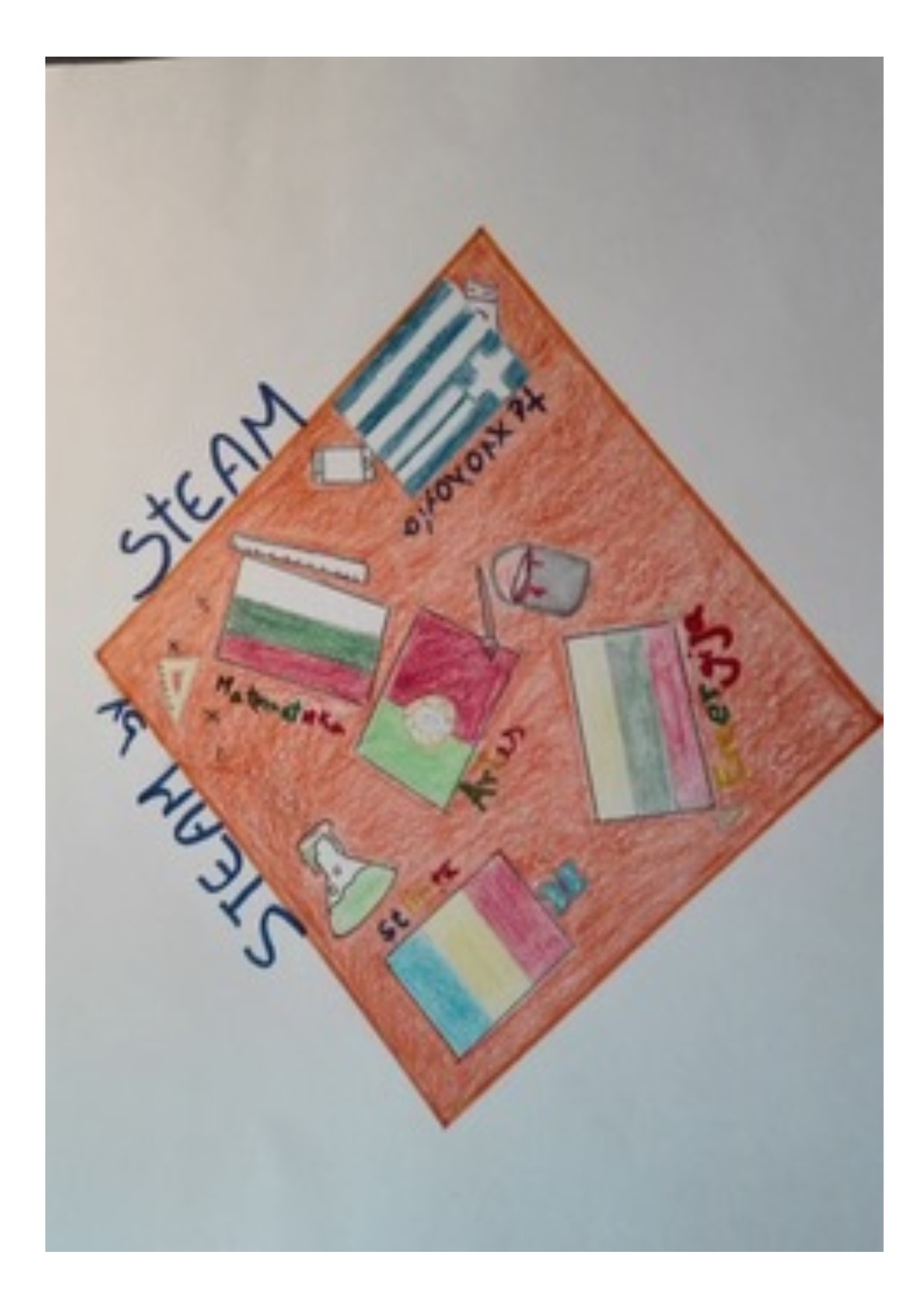The training course in Suceava was organized between 25th and 29th February 2020, and it brought together 4 teachers from each partner school, all together 24 teachers. Theywere teachers of different disciplines, including Science/Chemistry, Biology, Physics, Technology, Maths, Art, but also languages, teachers of Psychology/Sociology, History, who focussed on life skills and personal development of the pupils. The trainer was Mrs. Rodica Zimbru, national trainer in Romania, on behalf of the coordinating school. It was a 5 days activity, 4 hrs a day teaching/training and 2 hrs practical workshops, meaning 6 hours/day. It was completed by some cultural activities, aiming to familiarize the participants with essential life skills that pupils focuse on, among them: creativity, multitasking, initiative, anticipating capacity, teamwork, critical thinking. It was structured on 5 modules, which refered to:
Day 1: 4 hrs. training, 2 hrs assisting to lessons, to emphasize learning to learn and communication skills of the pupils, 2 hrs individual learning, focused on “STEAM approaches in a new environment”.
M1: - getting to know each other: introducing participants - knowing circle methods
- psychological and pedagogical approaches related to basic life skills, classification, prioritization, their impact in someone’s life, the need of developing them from a specific age, in order to succeed in life.
- pedagogical approaches of STEAM concept
Day 2: 4 hrs training, 2 hrs assisting to lessons, to emphasize communication skills and critical thinking skills of the pupils, 2 hrs. individual learning, focused on “how we learn”.
M2: - learning to learn methodology, with exchanging experiences among the participants
- Kolb's theory of learning
- pedagogical approaches of STEAM concept - Science, Technology and Art
Day 3: 4 hrs training, 2 hrs assisting to lessons, to emphasize communication skills and critical thinking skills of the pupils, 2 hrs. individual learning, focused on “lateral thinking and the 6 thinking hats” (experiencing it within given thematic, taken either from real life or school subjects).
M3: - lateral thinking theory of Eduardo de Bono and how it influences critical thinking of pupils - emphasizing the anticipation capacity, pro-active attitude and creativity
- pedagogical approaches of STEAM concept - Technology, Engineering/Physics and Art
Day 4: 4 hrs training, 2 hrs assisting to lessons, to emphasize communication skills and critical thinking skills of the pupils, also STEAM practical activities, 2 hrs. individual learning, focused on “playing games” (each participant will propose a game to be played together).
M4: - games and their importance in developing life skills, theory about (Johan Huizinga’s theory), types, suitable age for specific games, computer games and emotional skills, mobile devices’ addiction
- pedagogical approaches of STEAM concept - teaching lessons to Romanian pupils in the hosting school
Day 5: 4 hrs training, 2 hrs assisting to lessons, to emphasize pupils' communication skills and critical thinking skills, 2 hrs individual learning, focused on “life challenges”.
M5: - facing with life challenges, theory and practical aspects, specialists’ theories, suggestions, examples from each school’s participants
- pedagogical approaches of STEAM concept - Maths, Science and Art
- evaluation session, certificates delivery
Within the activities the participants assisted into learning activities, observing pupils’ behavior, their way of learning, the way they communicate, problem solving, decision making.
They also interacted with the pupils, asking questions about their life style, provoking them to express their feelings, emotions.
The training course was a way of understaqnding STEAM, as an approach of motivating the learning process.












